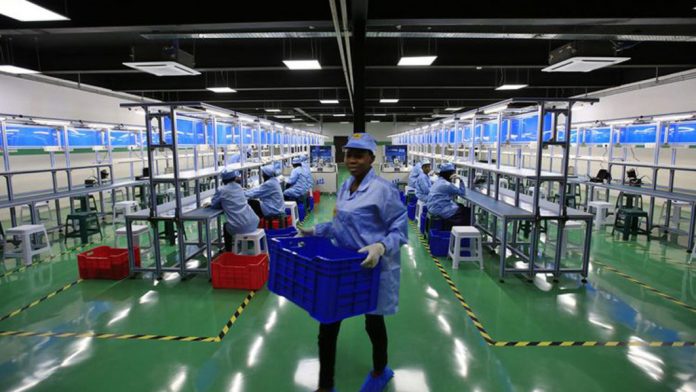Nigerian manufacturers have significantly reduced their products’ quality due to high and persistent inflation. This is according to World Bank.
In the June 2022 edition of its Global Economic Prospects report, World Bank noted that inflation was weighing on consumer purchasing power, especially of poor and vulnerable households.
Maintaining that there would be persistent production challenges in the oil sector, which are expected to weigh on growth, the financial institution stated that ‘the recovery in non-oil sectors is envisioned to continue, although shortages of fuel and higher food prices would restrain growth.
“Four in ten Nigerians live below the poverty line, with many more at risk of falling into poverty and becoming food insecure. Increases in food prices would further erode domestic demand.”
Experts’ view
Economists, who spoke on World Bank’s submission, said that beyond inflation affecting the purchasing power of consumers, manufacturers have had to reduce the quantity and quality of their products to sustain their businesses, which he maintained has led to the sachet economy.
The Director of Research and Strategy, Chapel Hill Denham, Tajudeen Ibrahim, stressed the role of poverty, which is worsened by inflation, in the consumer sector.
“Poverty plays a crucial role in the development we are seeing in the consumer sector,” he explained.
The Chief Executive Officer, Centre for the Promotion of Private Enterprise (CPPE), Dr Muda Yusuf, corroborated Ibrahim’s claim, as he decried the issue of rising inflation in the country.
BizWatch Nigeria understands that Nigeria’s inflation increased to 17.71% on a year-on-year basis in May 2022.
According to the Consumer Price Index(CPI) and Inflation Report May 2022 released by the National Bureau of Statistics (NBS), the inflation rate recently recorded was the highest in 11 months.













